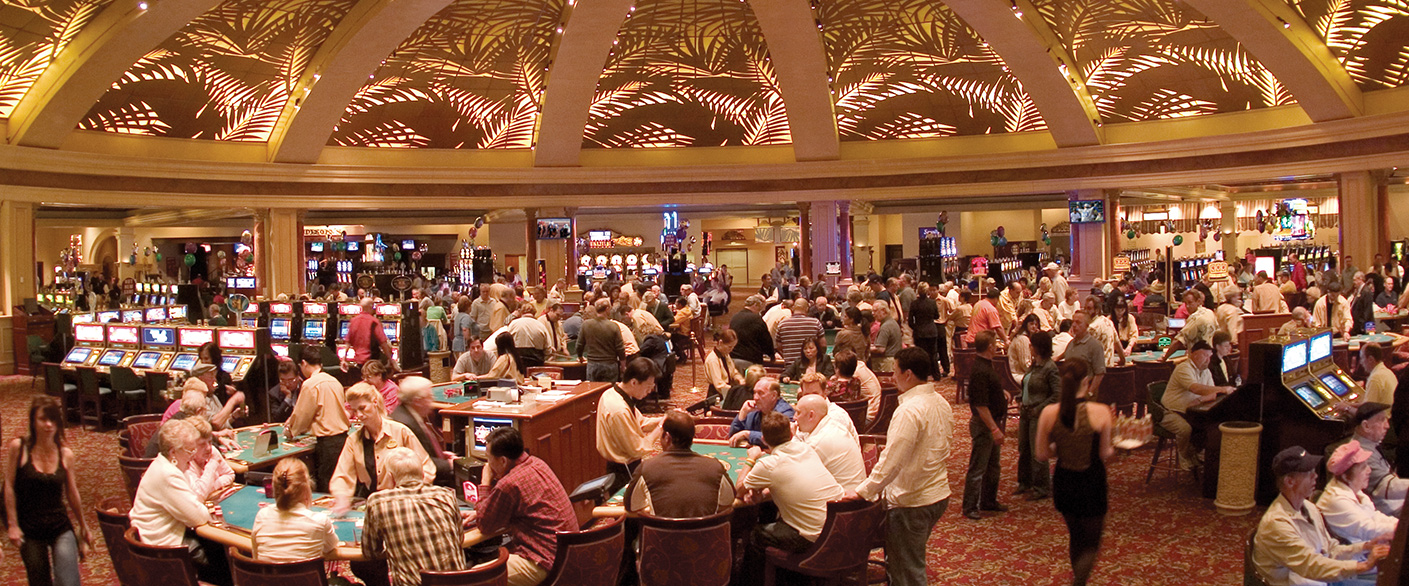
In the world of gambling, where chance and strategy converge, a unique tapestry of beliefs unfolds—one that weaves together luck, fate, and the enigmatic nature of casino games. Casinos, bustling with excitement and anticipation, are not just spaces for placing bets; they are also arenas where superstitions thrive. From the novice player to the seasoned gambler, these mysterious practices often shape how individuals approach the games they play, holding the belief that their actions can affect the outcome in ways that go beyond mere probability.
As players gather around roulette wheels, blackjack tables, and slot machines, the atmosphere is thick with stories of lucky charms, rituals, and codified behavior that defy logic yet provide a sense of comfort. It could be the case that it’s wearing a specific outfit, following a particular sequence of bets, or even avoiding certain numbers, the attachment to various superstitions reflects a deep-rooted desire to control the uncontrollable. This article delves into the captivating world of casino game superstitions, investigating the beliefs that simultaneously entertain and mystify those who dare to play.
Historical Beginnings of Superstitions
Betting activities have long been entwined with an array of superstitions that trace to ancient societies. The origins of these beliefs can be linked to humanity’s fundamental desire to manage the random outcomes associated with fortune and chance. In primitive civilizations, games of chance were often connected to ritualistic practices. Players would seek blessings or request favor from deities, believing that their actions could change the results in their advantage. This groundwork laid the foundation for the variety of superstitions that developed as casino games evolved over centuries.
During the medieval age, betting became a popular activity across Europe, and with it, a diverse tapestry of superstitions emerged. Participants adopted numerous rituals and charms, believing they could change the outcome of games. The value of numbers, in particular, emerged to show in superstitions related to card games and dice. The number seven was often considered favorable, while other numbers carried negative connotations. These notions mirrored the social contexts of the time, evolving as they moved through generations and adapted to new gaming environments.
As gambling houses appeared in the 17th century, particularly in Italy and France, the atmosphere surrounding betting became saturated in mystique. The growing availability of casino games allowed for the dissemination and variation of superstitions among players. Concepts like fortunate charms, special seating arrangements, and rituals gained prevalence, creating a special culture within gambling establishments. As these customs continued to thrive, they became fundamental to the essence of casino games, illustrating how history and tradition shape the notions that influence how gamblers connect with chance.
Common Gambling Superstitions
Beliefs surrounding gambling games are plentiful and varied, mirroring the dreams and anxieties of gamblers as they engage in random games. One of the most prevalent views is that specific digits bring fortune or misfortune. For example, the number 7 is often seen as a favorable digit, frequently embraced by gamblers looking for a favorable result. Conversely, the number thirteen is routinely considered cursed, leading many gamblers to avoid it during their gambling sessions.
A frequent superstition relates to rituals that gamblers believe can affect their chances. Whether blowing gently on dice before a roll, using a specific hand to place a wager, or even putting on particular items of attire, many people feel that these actions can sway fate in their benefit. These rituals offer a feeling of control in an otherwise random environment, reinforcing the idea that fortune can be manufactured through individual beliefs and customs.
Finally, the environment and atmosphere of the gambling house itself contributes to superstition. Many players suggest that the presence of certain icons, such as four-leaved clovers or lucky tokens, can enhance their chances of winning. Additionally, gamblers might adhere to the notion that winning streaks can be interrupted by mundane events, such as someone walking past or a spill at the table. The shared environment in a casino can amplify these beliefs, creating a communal culture of superstitions that transcends individual encounters.
Impact of Superstitions on Players
Beliefs play a significant role in the mindset of gamblers, often affecting their behavior and choices. A lot of gamblers think that fortune can be influenced through different rituals, such as donning a talisman, selecting specific colors, or avoiding certain numbers. This dependence on superstitions can create a sense of authority in an environment that is intrinsically unpredictable. Players frequently feel more confident and engaged when they think that their actions could sway the outcome of a game in their advantage.
The impact of these superstitions extends past individual players, affecting the general atmosphere within the casino. For example, a player who holds the belief in the luck of a particular slot machine might draw a gathering, as others are intrigued by their apparent luck. This collective belief can amplify excitement and create a lively environment, leading to an engaging experience even for those who may not necessarily be believers themselves. depo288 The buzz around specific games can lead to increased participation and longer playing sessions, supporting the casino’s lively social scene.
In some instances, superstitions can lead to negative effects for players. Relying too much on rituals can result in poor gambling decisions, as some may overlook basic strategies in favor of unfounded beliefs. Additionally, the pressure to perform rituals may increase anxiety and stress levels, diminishing from the enjoyment of the experience. Ultimately, while superstitions can enhance the excitement of playing casino games, they can also lead to foolish choices that overshadow the fun and amusement intended in the casino experience.
